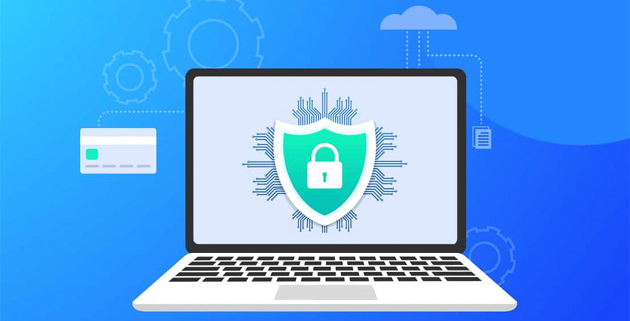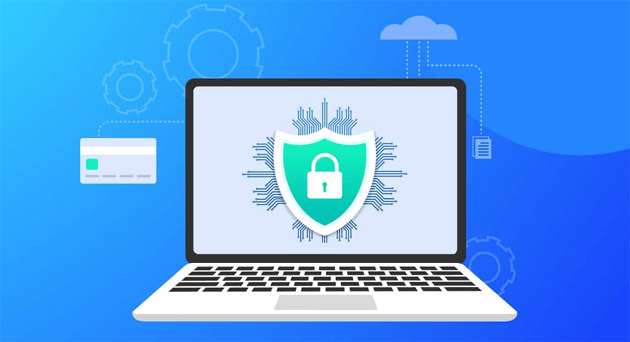Cyber security audit of websites
Niraj Dubey
India is one of the fastest-growing digital markets in the world with close to 881.25 million internet users. It is home to the third-largest number of Internet users in the world, after the US and China. Eyeing the huge consumer base that India presented, Internet-based services flooded in India. Around 346 million Indians are engaged in online transactions including e-commerce, and digital payments. Even the orthodoxical industries which functioned largely on manpower earlier joined the digital bandwagon in order to stay relevant in the changing times. The ballooning Indian digital market also caught the eyes of cybercriminals. And as India moves further ahead on the path to digital transformation, threats to its different economic sectors rise simultaneously. Further, a presentation by the NITI Aayog underlines the biggest victims of these data breaches as financial organizations, healthcare, universities, higher education and public sector etc. In order to meet such alarming situation and emerging cyber security challenges, security audit of respective websites is need of the hour. A cyber-security audit involves a comprehensive analysis and review of the IT infrastructure of your business. Security audits will help protect critical data, identify security loopholes, create new security policies and track the effectiveness of security strategies. Regular audits can help ensure employees stick to security practices and can catch new vulnerabilities. It is a primary method for examining compliance. It is designed to evaluate something (a company, system, product, etc.). The Indian Government and stakeholders who were exploring ways to fight off the rising threat landscape, zeroed in on regulatory norms and guidelines for all services operating in India, putting a more stringent focus on BFSI (Banking, Financial Sector & Insurance) and Government sectors. These stringent regulations forced organizations to take due cybersecurity steps to combat cyber attacks. It is estimated that the security testing services market in India would increase from USD 201 million in 2019 to USD 4.70 billion by 2024. In order to check menace of ransomware,…




